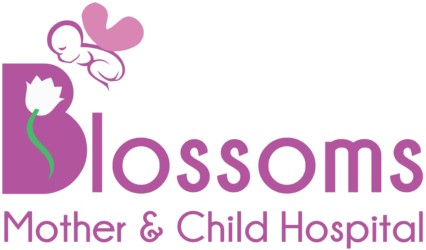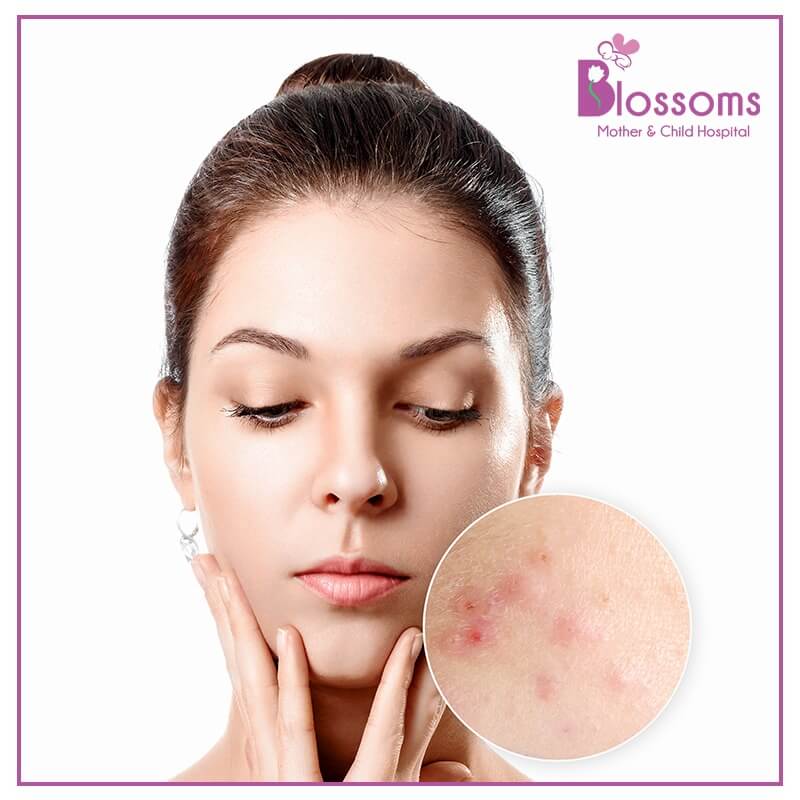Acne
Acne is one of the most common issues most teenagers have. While it’s common in the puberty stage, for many it may continue for a longer period. Nonetheless, it fades off once the child crosses puberty and enters adulthood. As we’ve talked about what puberty is in our previous blog, it is important to know that acne is one of the outcomes of the main aspects of puberty – hormonal changes.
Acne occurs when the oily substance called sebum clogs pores. What is important to know is, it is not confined to the face. Acne can occur on the chest and back in both boys and girls and is not a severe problem. However, it is advised to have your child get a consultation before it could turn into an infection or tamper with the child’s self-esteem.
What acne looks like?
Acne can appear as bumpy abrasions on the skin called blackheads, whiteheads, pustules or cysts.
Blackheads: Blackheads are small bumpy protrusions that appear on the face due to follicles getting clogged in the skin pores. They appear black because bacteria or dead skin cells react with oxygen.
Whiteheads: When oily substance gets accumulated and clogs the skin pores with an extra coating of skin layers they are called whiteheads. They are usually not visible but make the skin look dull and oily. In most cases, it also leads to acne in teenagers.
Pustules: Pustules are serious lesions that appear swollen and reddish due to inflammation of the tissue around the clogged follicles. Pustules are painful and feel hard.
Cysts: Deep, pus-filled pimples that appear on the face, chest, and back. Cysts are painful and can leave unpleasant scars if not treated with care.
While the exact cause for this hormonal fluctuation in the body is unknown, it is regarded as a part of the growth cycle. Acne is the outcome of the production of hormones called androgens during puberty. Androgens increase in both boys and girls during puberty and make the skin’s oil glands get larger and resulting in producing more sebum. However, sometimes genetics may also matter. If you have been through acne problems during your teenage years, your children may inherit that tendency.
A consultation with your skin specialist and a bit of skincare regimen can make things easy. Nonetheless, it is imperative to know what could aggravate and what can heal acne.
- Aggravation
- Harsh scrubbing
- Picking, bursting or squeezing pimples
- Tight-fitting clothes
- Hormonal changes in adolescent girls
- Pre-menstrual hormonal fluctuation
- Stress
Acne is not a serious condition. It is just the way the body reacts to growth or change. Simple home hacks are a great option to go with, but it is important to keep a check on what suits your skin. For example; turmeric and aloe vera don’t suit many people. Alterative herbs and kitchen ingredients are easy, safe and lasting.
Nevertheless, if you still see no improvement you might have to visit a skin specialist to aid in a case of excess or severe acne. Make sure you don’t self medicate yourself without the doctor’s prescription. If you’re looking for help, Blossom Hospitals Vijayawada is just a call away. Book a consultation and rid your child off from acne and help them gain their lost confidence.

